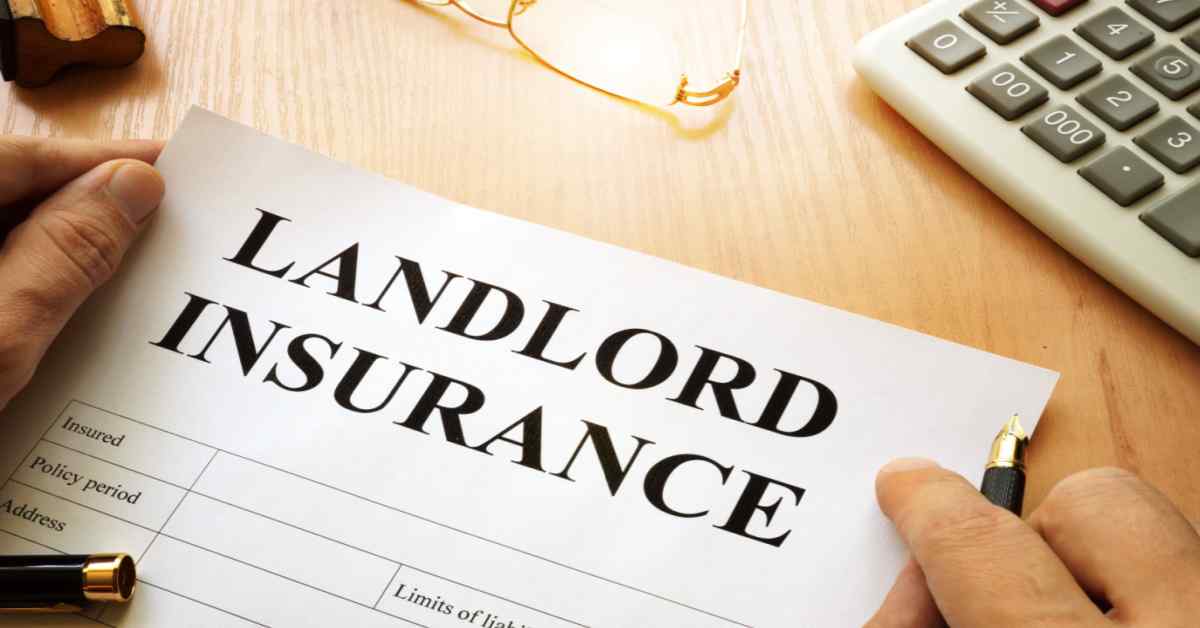
Understanding Landlord Insurance: Protecting Your Rental Property Investment
April 2, 2024
Investing in rental properties can be a lucrative venture, providing a steady source of income and long-term financial stability. However, being a landlord comes with its own set of risks and responsibilities. One essential aspect of safeguarding your investment is securing the right insurance coverage. In this blog post, we’ll explore landlord insurance, what it covers, and why it’s crucial for landlords.
What is Landlord Insurance?
Landlord insurance, also known as rental property insurance, is a specialized type of insurance designed to protect property owners who rent out their residential or commercial properties to tenants. Unlike standard homeowners insurance, which is intended for owner-occupied properties. Landlord insurance provides coverage tailored to the unique risks and liabilities faced by landlords.
Key Coverage Components:
- Property Damage: Landlord insurance typically provides coverage for the physical structure of the rental property, including the building itself and any attached structures such as garages or sheds. This coverage helps protect against damage caused by covered perils such as fire, lightning, windstorms, vandalism, and theft.
- Liability Protection: Landlord insurance includes liability coverage, which protects landlords from legal liability for injuries or property damage suffered by tenants, visitors, or third parties on the rental property. This coverage can help cover legal fees, medical expenses, and potential lawsuits arising from covered incidents.
- Loss of Rental Income: In the event that the rental property becomes uninhabitable due to covered damage, rental property insurance may provide coverage for loss of rental income. This coverage helps compensate landlords for the rental income they would have earned during the repair or rebuilding process.
- Additional Coverages: Depending on the policy, rental property insurance may offer additional coverages such as landlord liability for tenant-caused damage, vandalism coverage, fair rental income protection, and coverage for landlord-owned personal property used for maintenance or repairs.
Also, Read : Backdating Insurance: Is It Fraud or Fair Game?
Why Landlord Insurance is Crucial:
- Protecting Your Investment: rental property insurance is essential for protecting your rental property investment from unforeseen risks and perils. With coverage for property damage, liability, and loss of rental income, rental property insurance provides financial security and peace of mind for property owners.
- Legal Requirements: While rental property insurance is not legally required in most states. It’s often a prerequisite for obtaining a mortgage or financing for rental properties. Lenders may require landlords to carry insurance coverage as a condition of the loan agreement.
- Mitigating Financial Risks: As a landlord, you face various financial risks, including property damage, liability claims, and loss of rental income. Landlord insurance helps mitigate these risks by providing financial protection against covered perils and liabilities, reducing the potential for financial loss.
- Protecting Your Personal Assets: Without adequate insurance coverage. Landlords risk exposing their personal assets to potential lawsuits and claims arising from incidents on their rental properties. Rental property insurance helps shield personal assets from the financial consequences of litigation and liability claims.
Conclusion:
Landlord insurance is a critical component of protecting your rental property investment and mitigating financial risks associated with property ownership. By providing coverage for property damage, liability, and loss of rental income. Landlord insurance offers landlords peace of mind and financial security in the face of unforeseen events. Whether you own residential or commercial rental properties, investing in landlord insurance is an essential step in safeguarding your investment and ensuring long-term success as a landlord.
